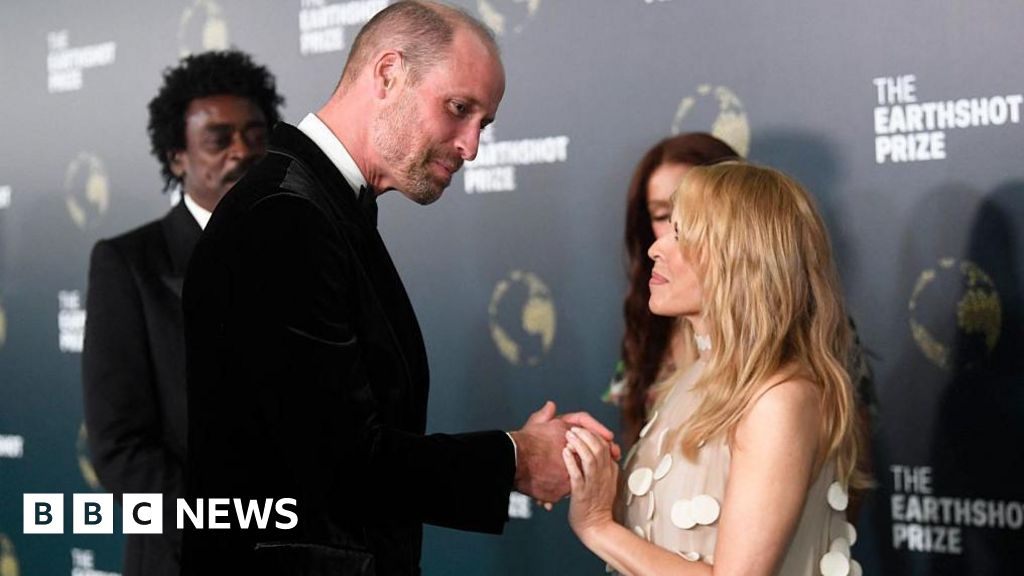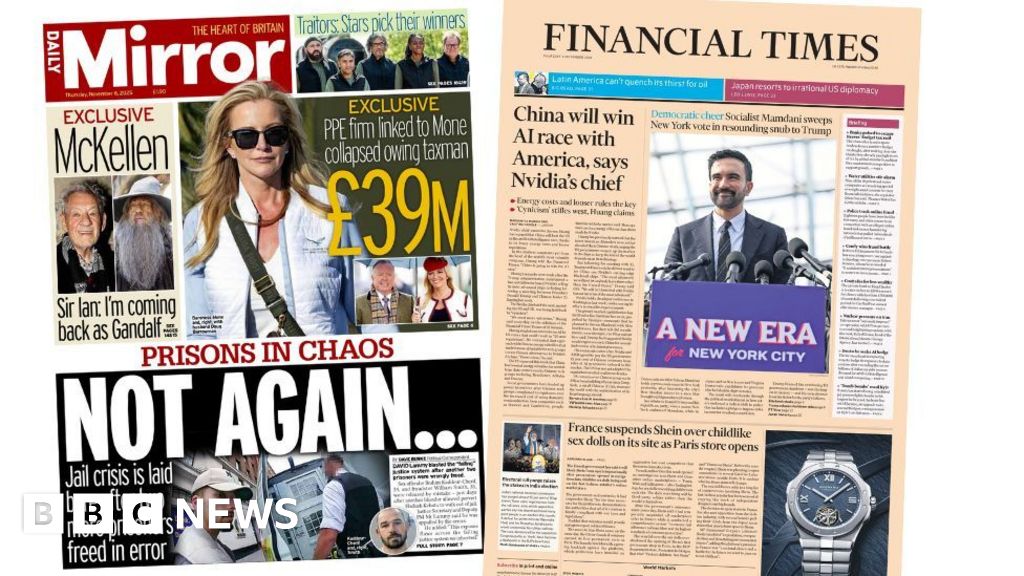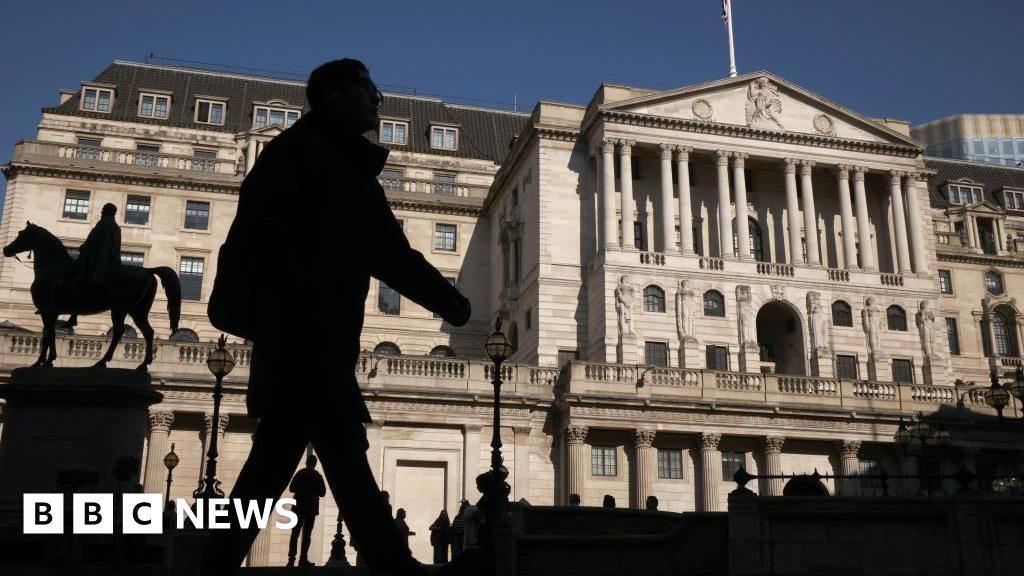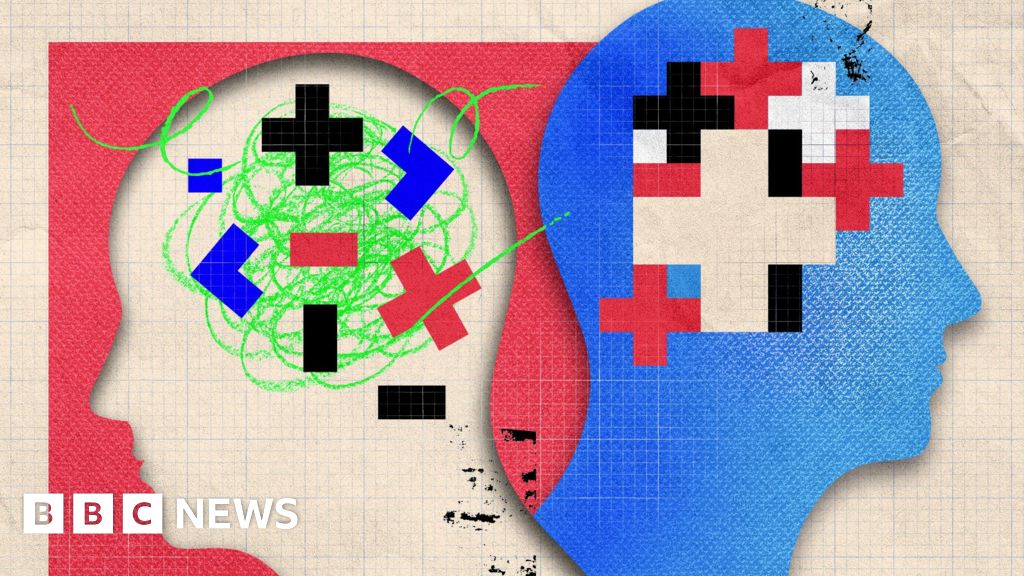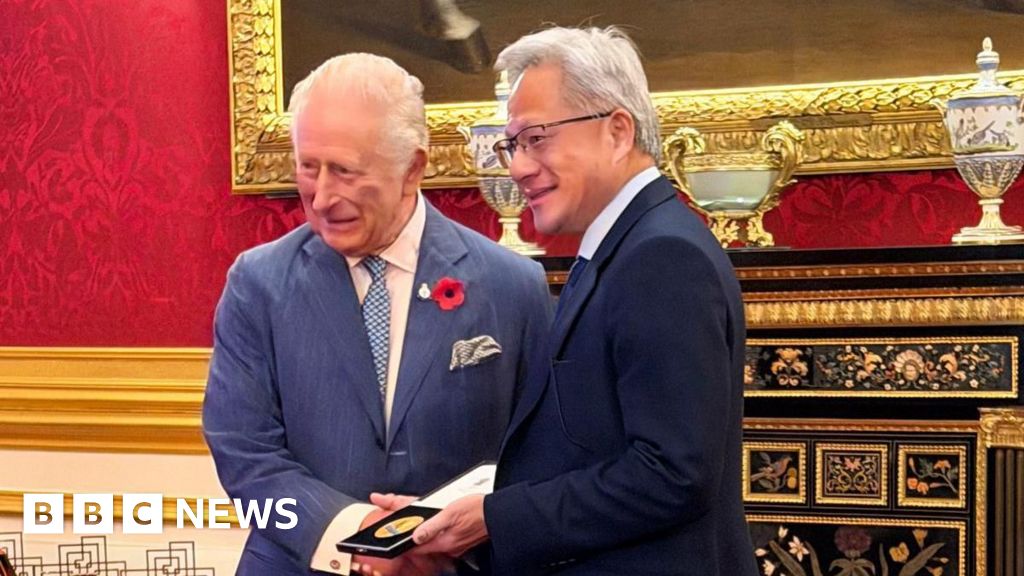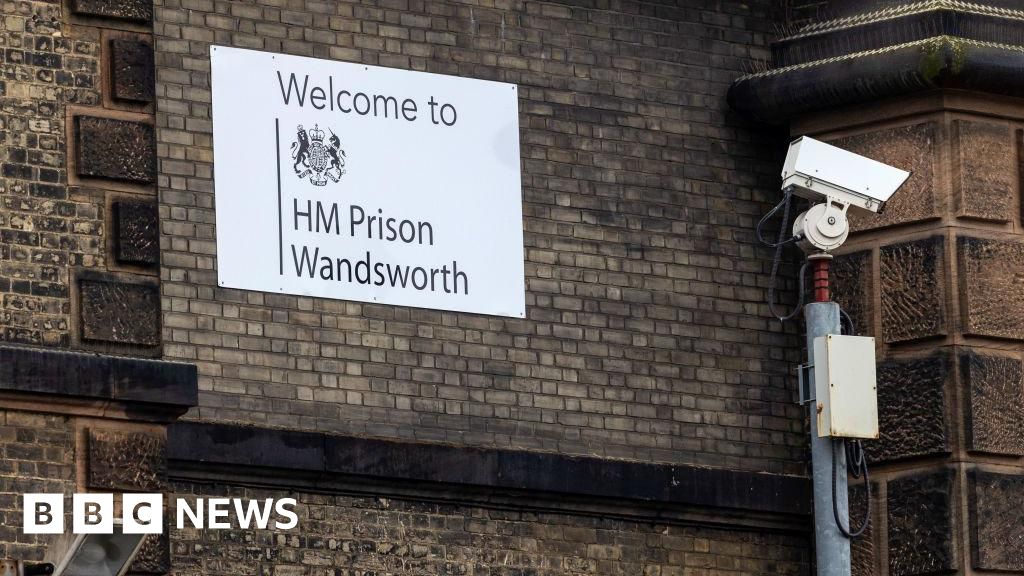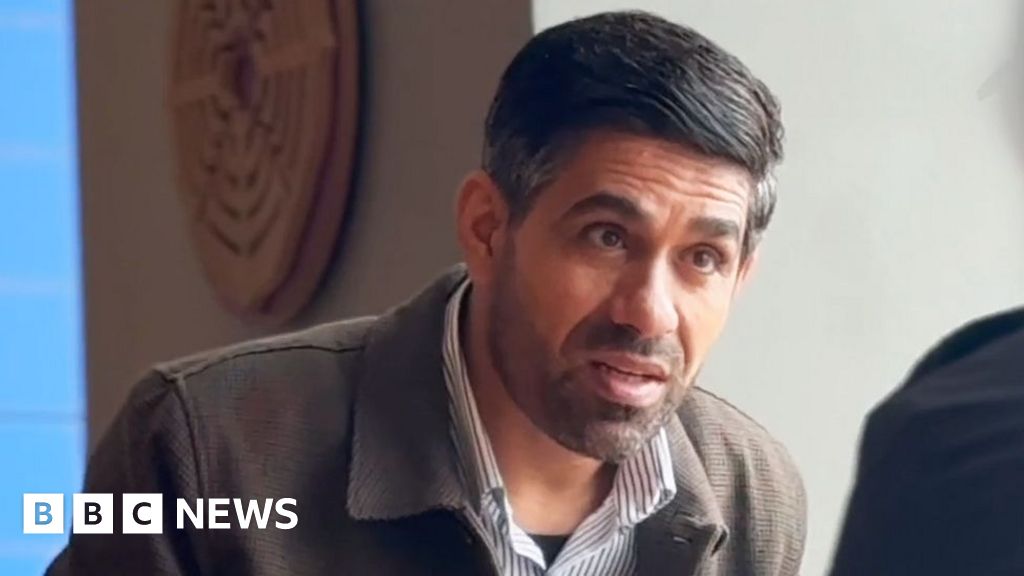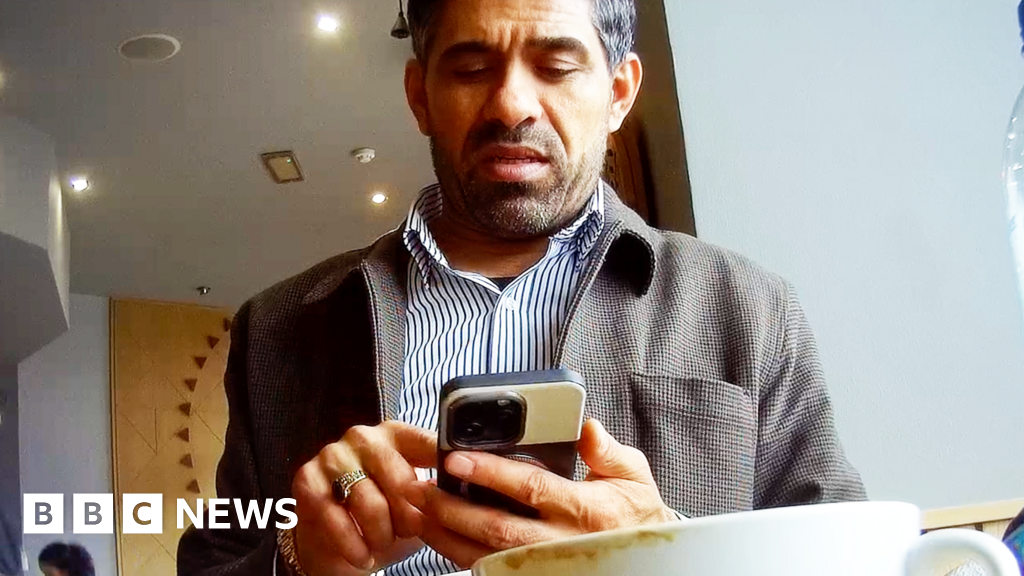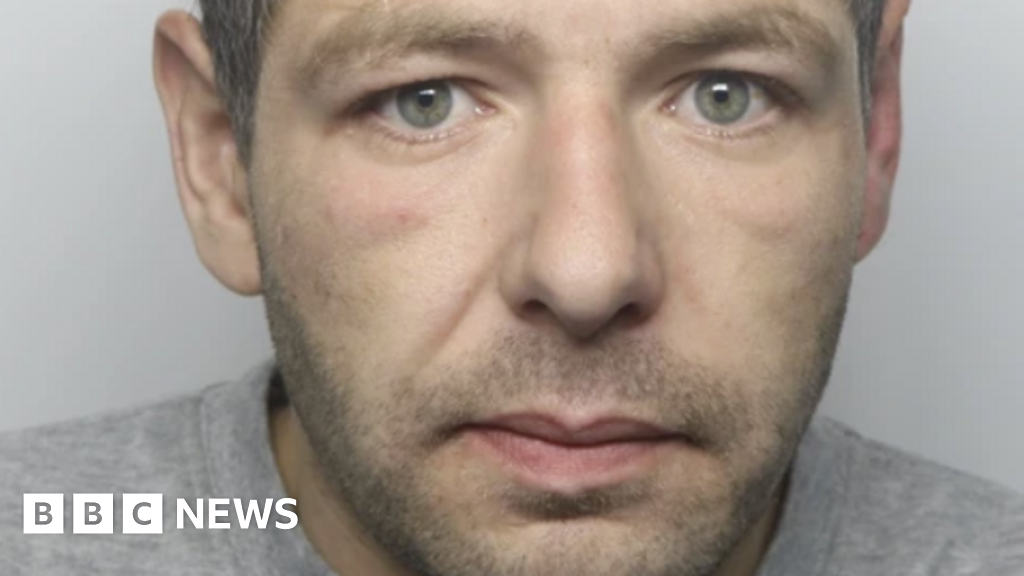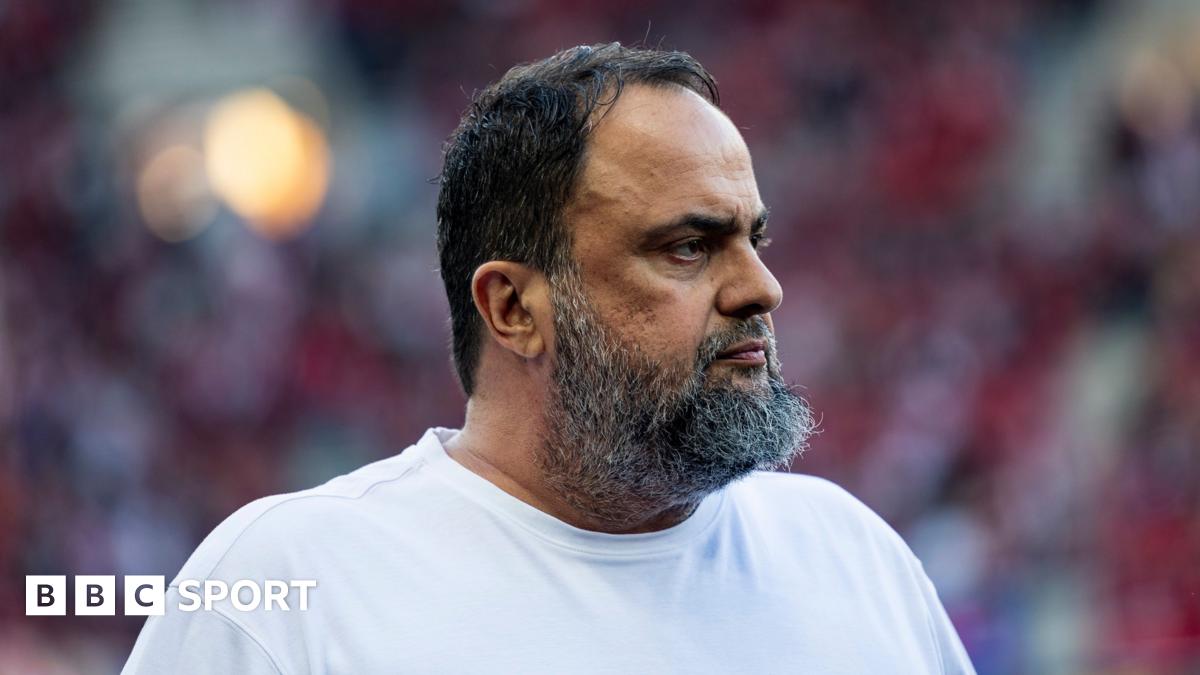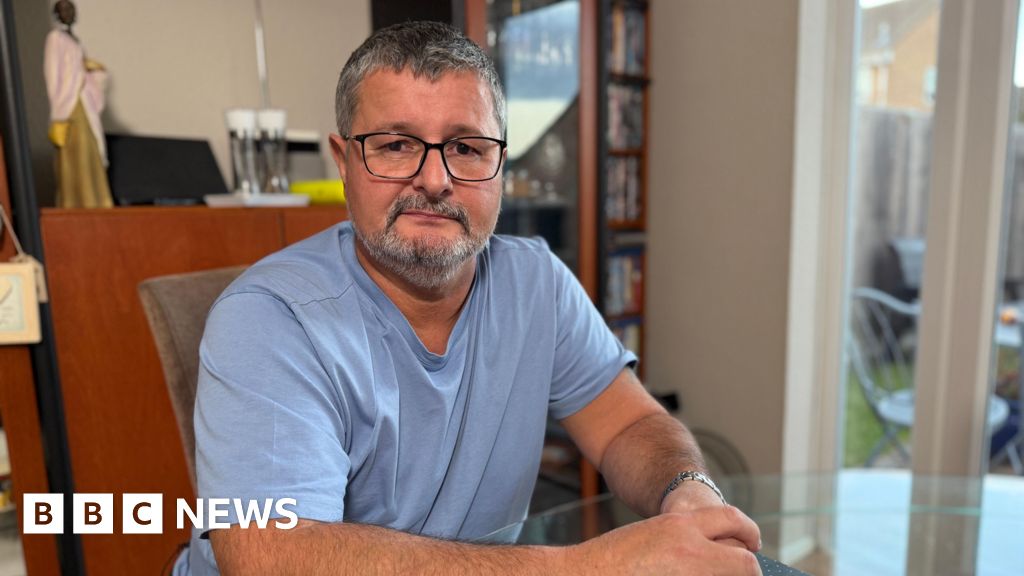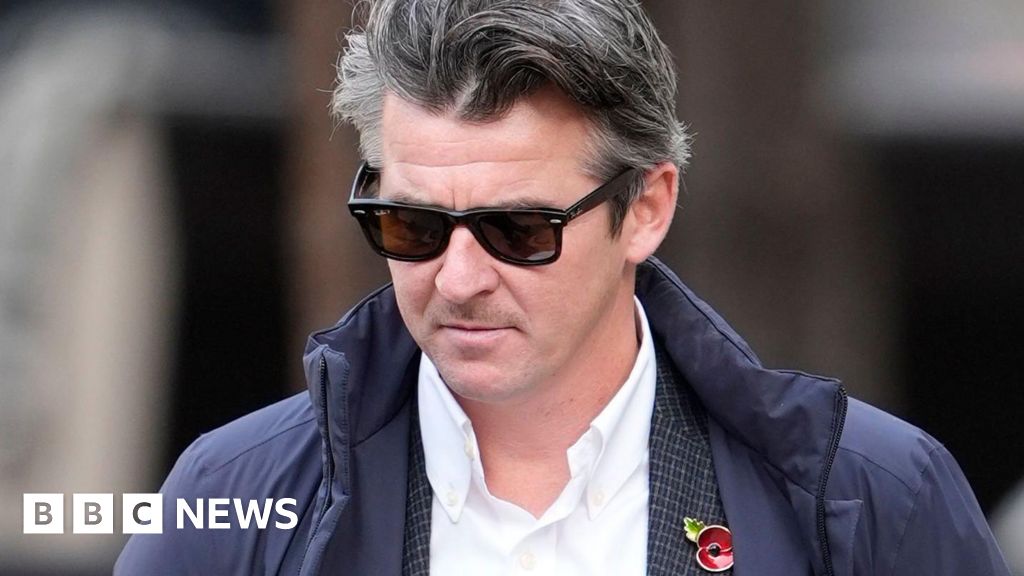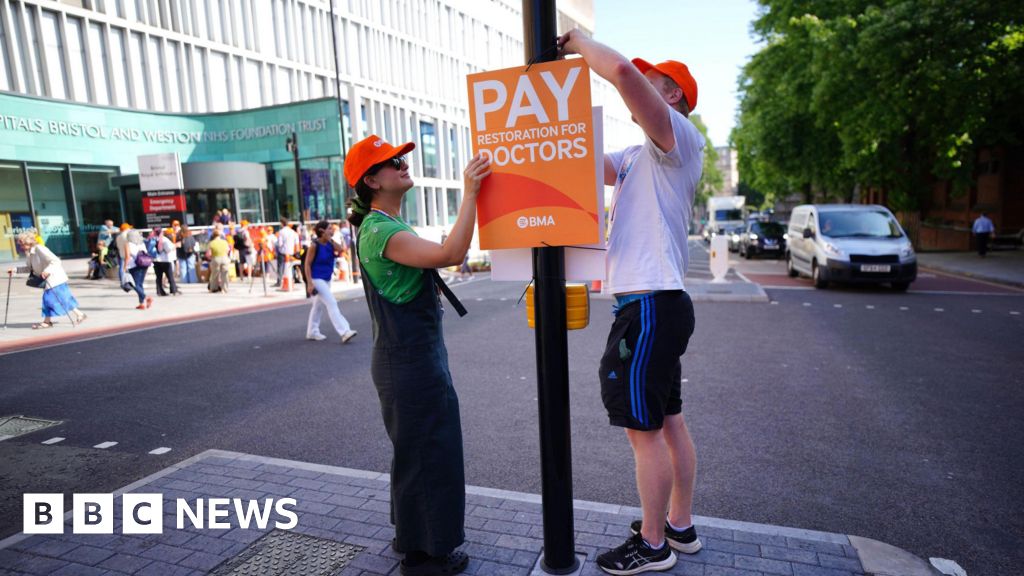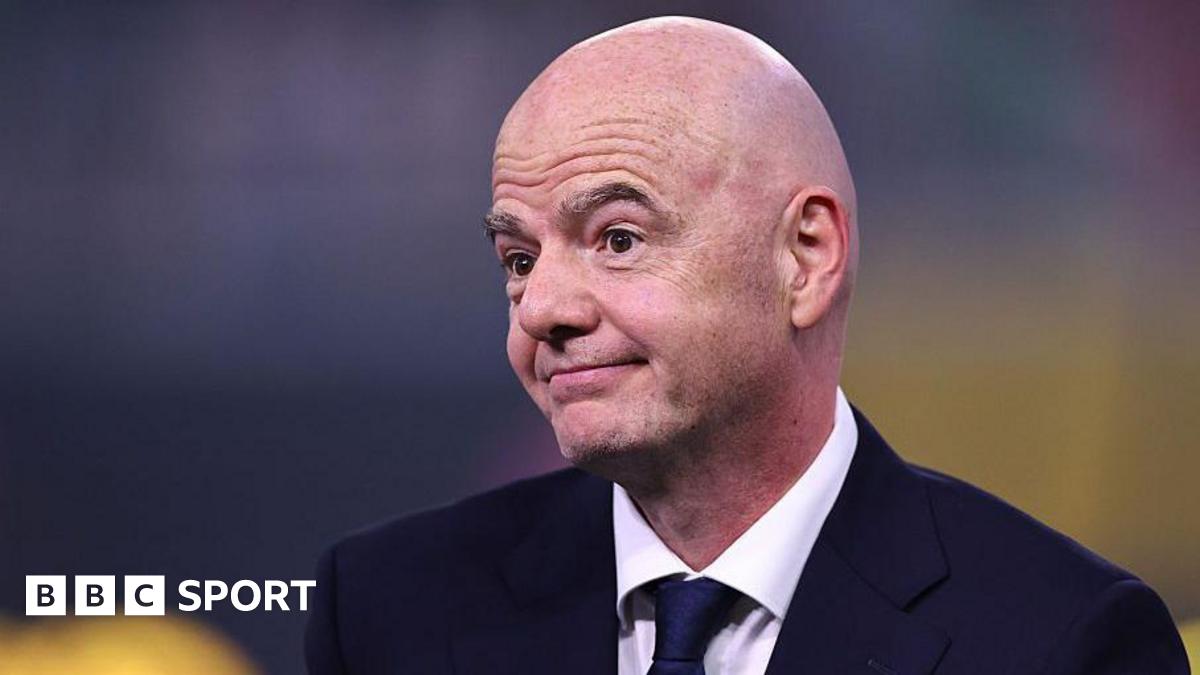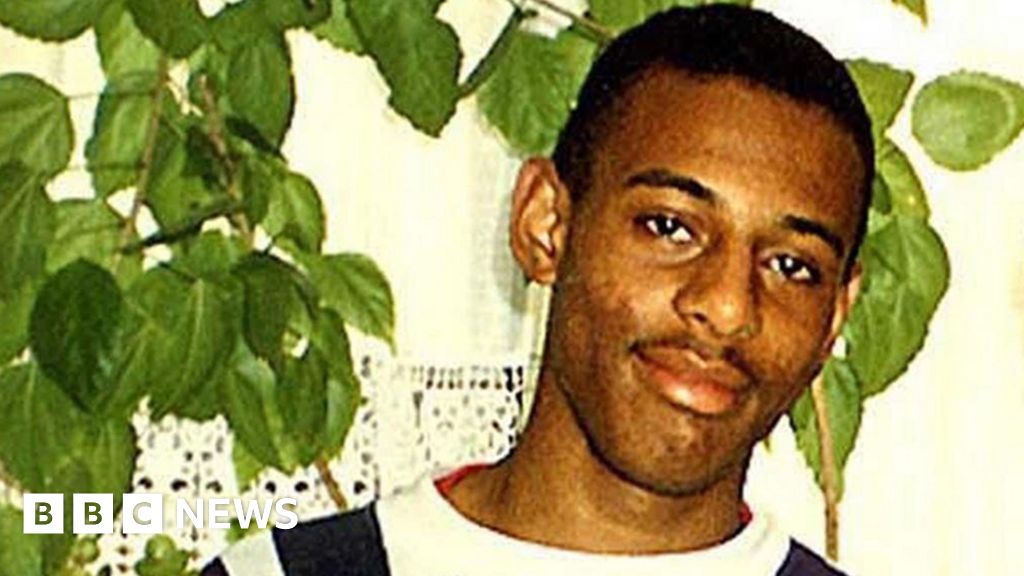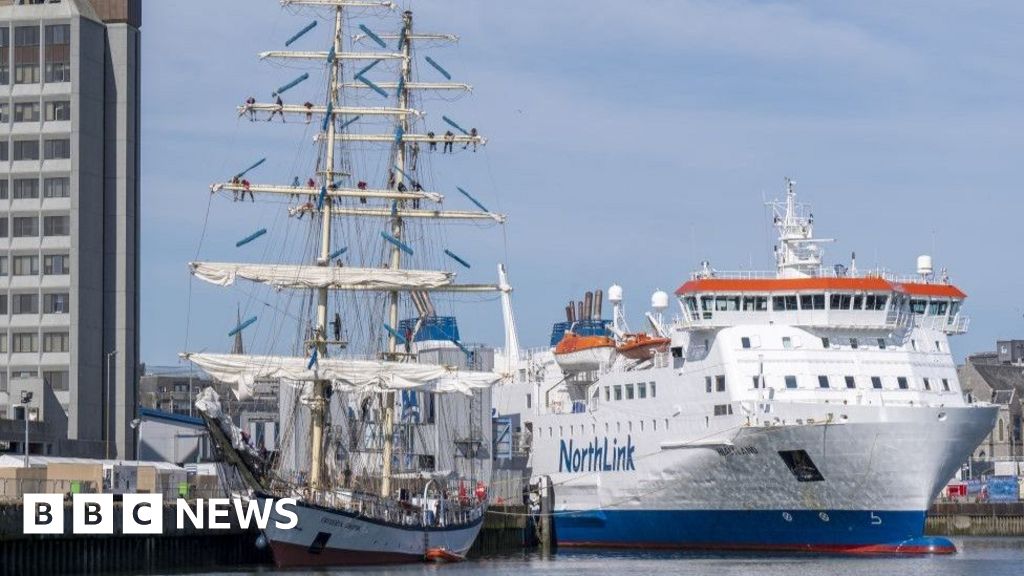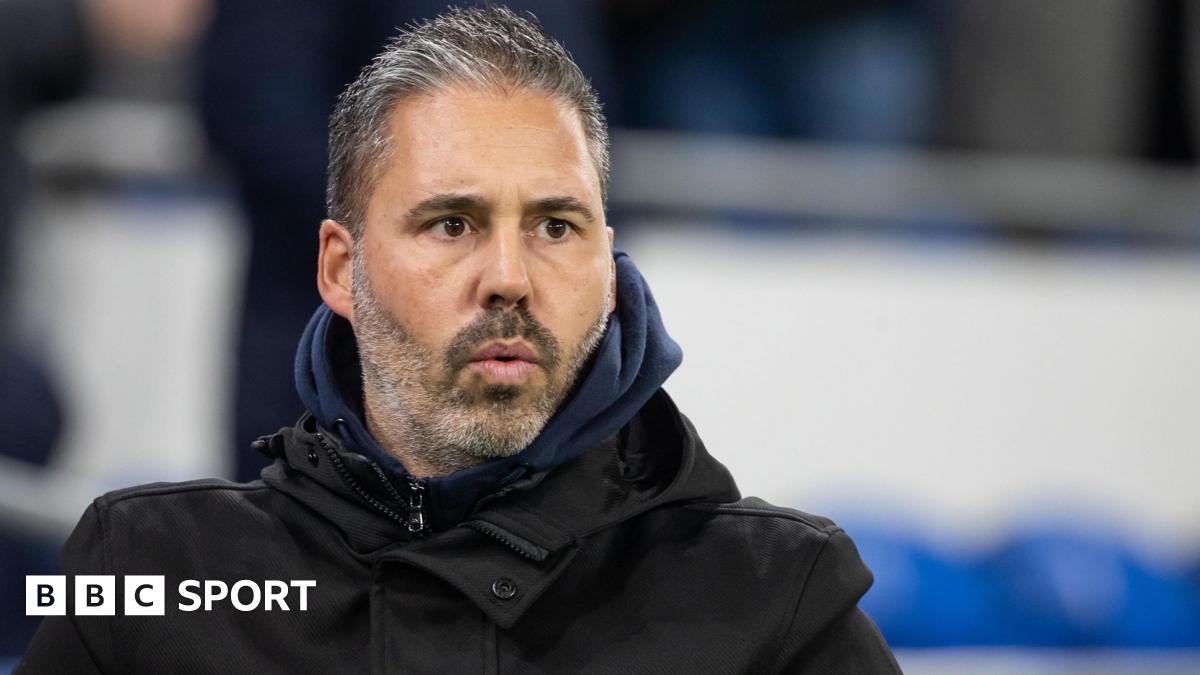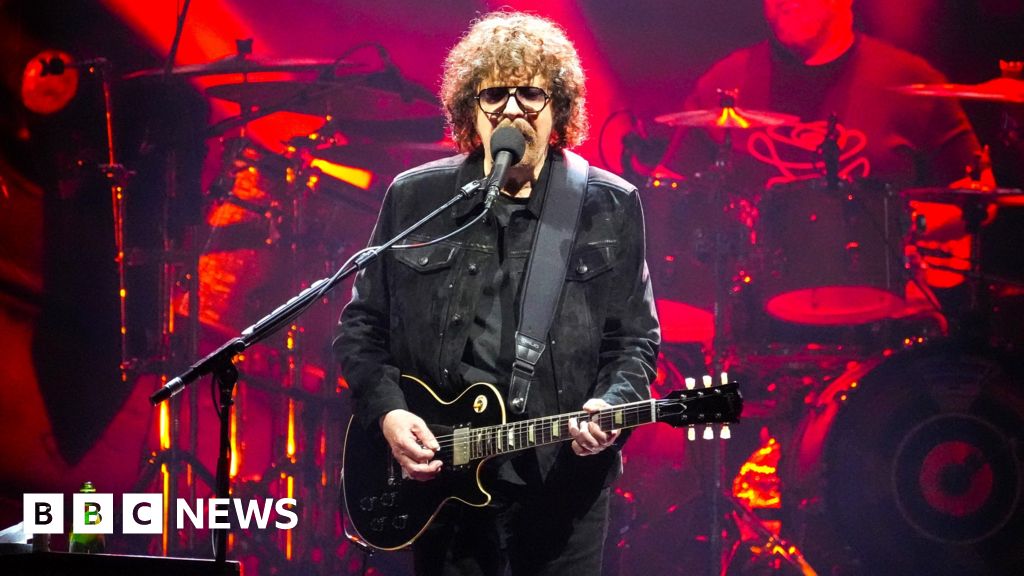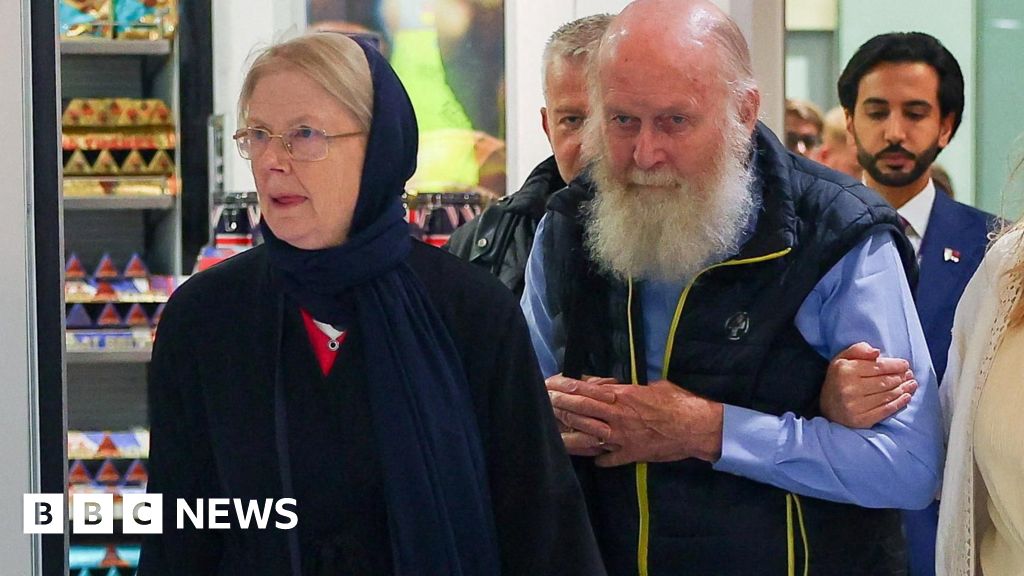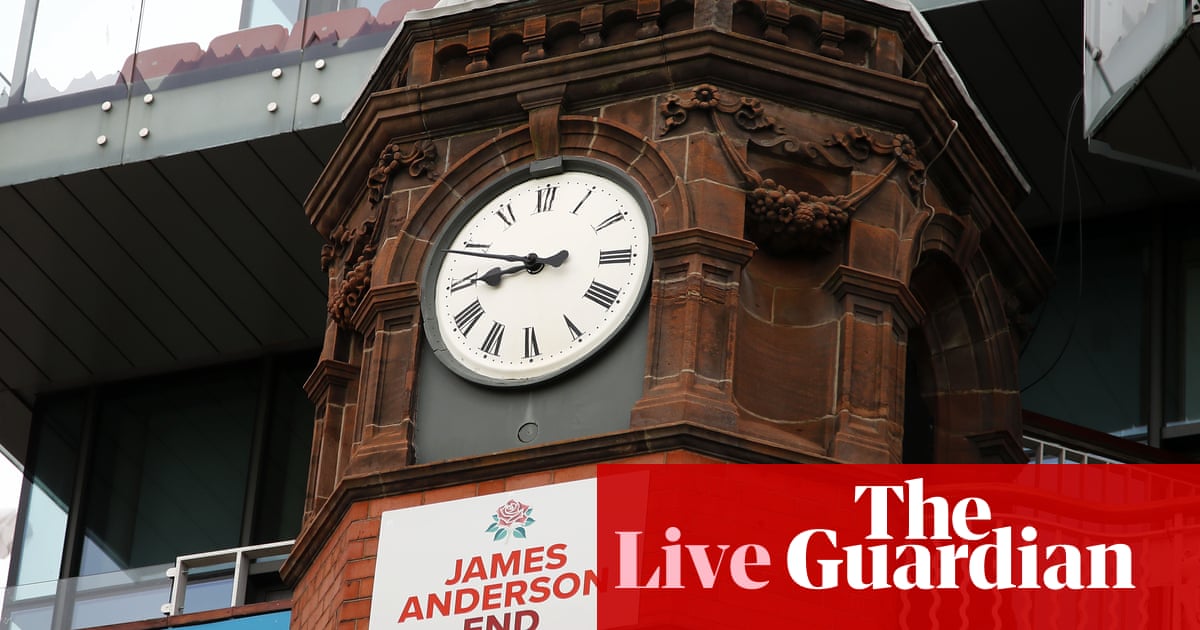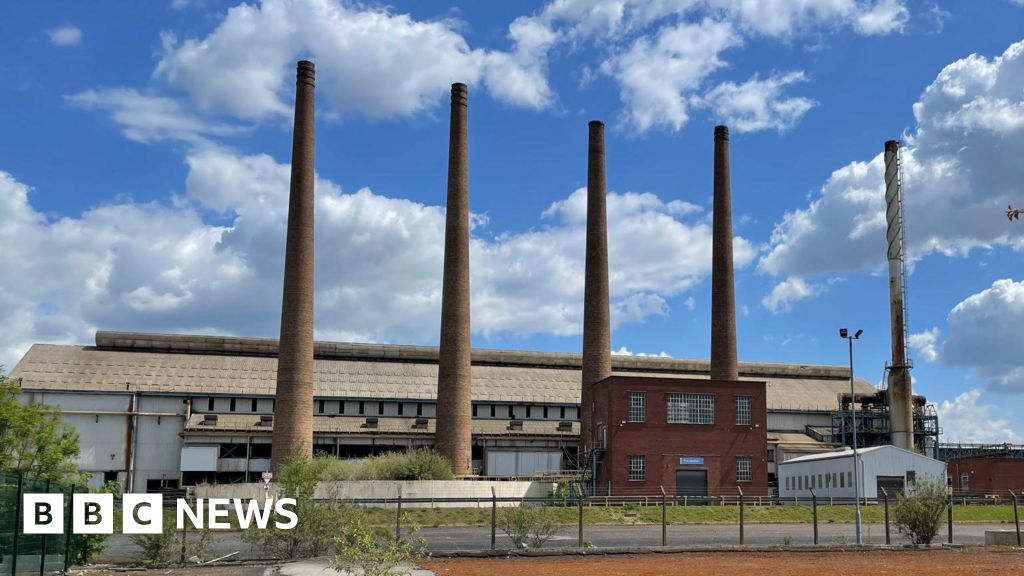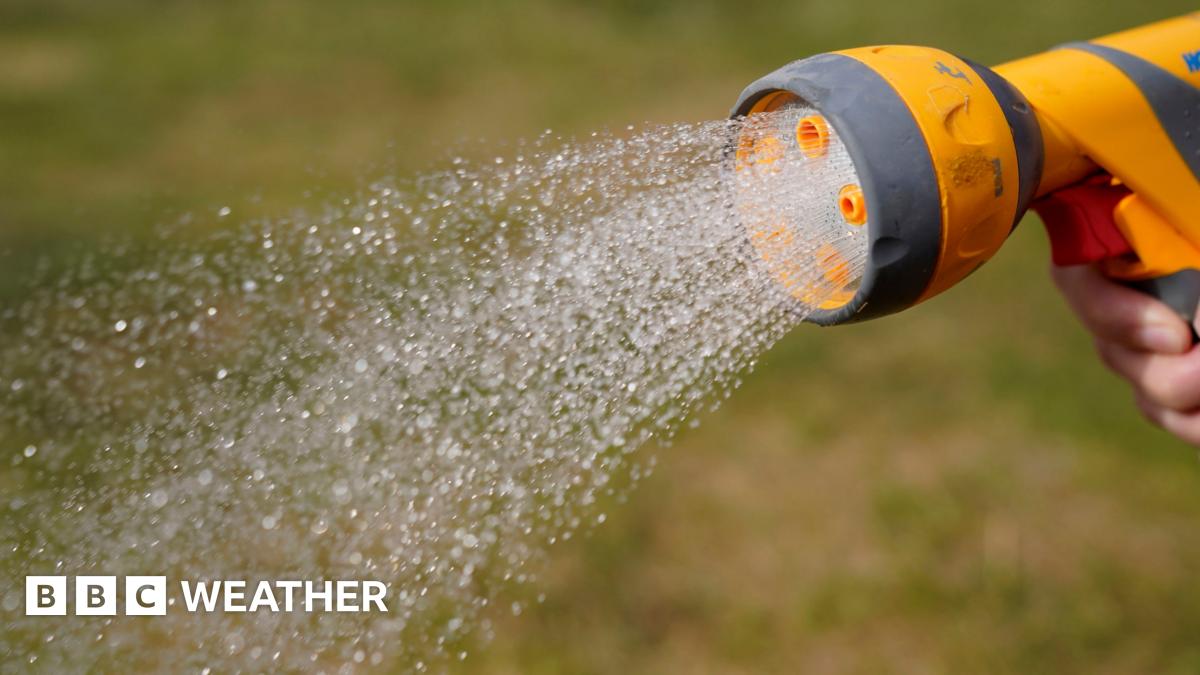
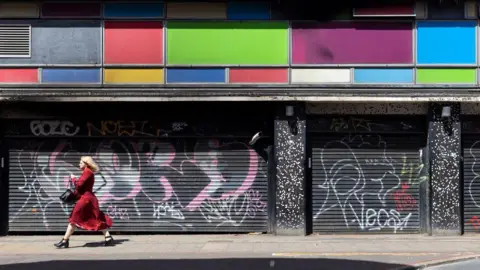 Getty Images
Getty Images
Sir Keir Starmer is to announce extra funding for more than 330 "overlooked" communities across the UK to boost struggling High Streets.
Details of the investment, including the amount of money and where it will be spent, will be set out later on Thursday.
Under its Pride in Place programme, the government also wants to encourage councils to block "fake" barbers and betting and vape shops - as well as giving communities more help to save pubs and libraries from closure.
Housing, Communities and Local Government Secretary Steve Reed said the government was "putting power" into the hands of local people but the Conservatives said the money would be "dwarfed" by tax rises.
The announcement is part of Labour's attempt to tackle the electoral threat posed to them by the rising popularity of Reform UK, which some in government believe is partly driven by a loss of pride in local areas.
The investment for the more than 330 communities would be targeted at improvements backed by the local community and could include projects to tackle littering and graffiti or building a new sports ground.
The government says spending would only be approved if community groups, local organisations and social clubs have been involved in deciding how the money will be spent.
Unlike the levelling up funding scheme introduced under Boris Johnson's Conservative government, councils would not put in bids to get the money, with the locations being decided by the government.
In addition to the money, councils in England and Wales will be encouraged to use powers to buy up "assets and eyesores" such as boarded-up shops and derelict abandoned businesses, allowing them to be used for projects such as local start-ups.
Disused department stores or empty office blocks could be repurposed into new health centres or housing, the government has suggested.
Communities already have a "right to buy", making it simpler for them to acquire local assets such as village shops, pubs or children's centres.
Under its devolution bill, currently going through Parliament, the government is doubling the amount of time local groups have to raise the money to make a purchase from six months to 12.
It also wants to include sports grounds in the list of assets covered by the new community "right to buy".
As part of the Pride in Place programme, the government says it wants to encourage councils to block unwanted new betting and vaping shops, along with "fake" barbers.
A government source told the BBC: "At the moment, the Tobacco and Vapes Bill already allows vape stores to be blocked.
"We want to potentially extend that to betting shops and fake barbers on high streets and we are looking for a legislative vehicle to do that as soon as possible."
Announcing the plan, Steve Reed said: "When people step out of their front doors, they know their communities are struggling. They see shuttered pubs, fading high streets and their local areas in decline.
"The government is putting power into their hands so local people decide how best to restore pride in their neighbourhoods, not us in Westminster.
"That's what real patriotism looks like: building up our communities and choosing renewal over division."
Conservative shadow communities secretary, Sir James Cleverly, said "Labour have been forced into this announcement to try to distract from the immense damage they are doing to businesses and communities by hiking taxes."
He said the investment would be "dwarfed by Rachel Reeves' £2.7bn in annual business rates hike, leaving communities worse off and prices higher".
A spokesperson for the Betting and Gaming Council (BGC) said the shops "are far more than just places to have a flutter: they are community hubs, economic drivers, and a vital part of the high street's future".
Jamie Strachan, operations director at The Vaping Specialist, said: "We are concerned by suggestions that specialist vape stores could be unfairly grouped alongside "unwanted" businesses.
"Vape stores like ours play a vital role in public health by helping millions of adults move away from smoking, the UK's leading cause of preventable death."
.png)
 1 month ago
23
1 month ago
23
